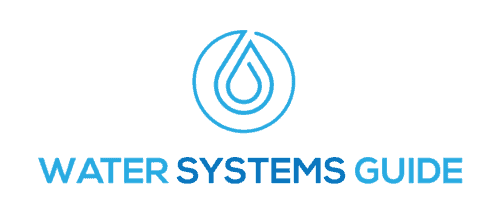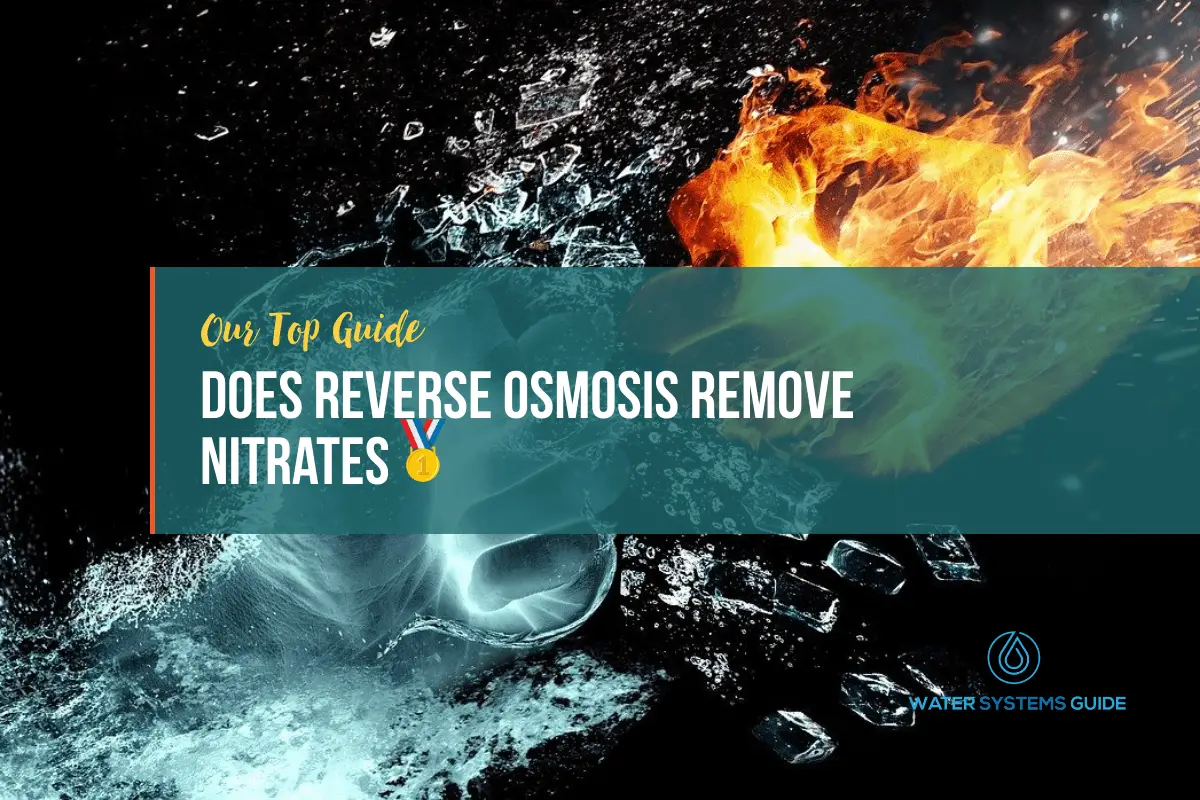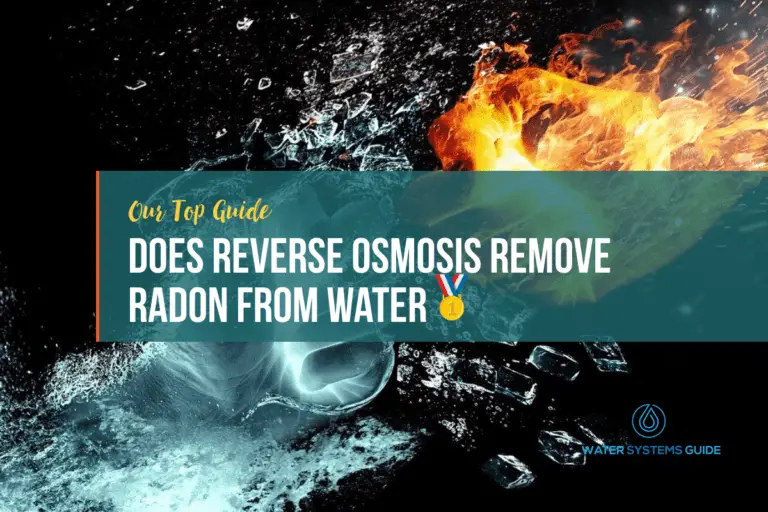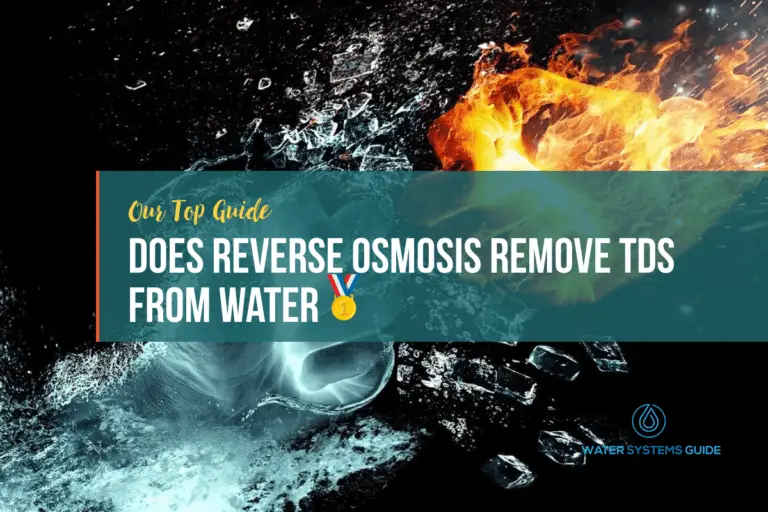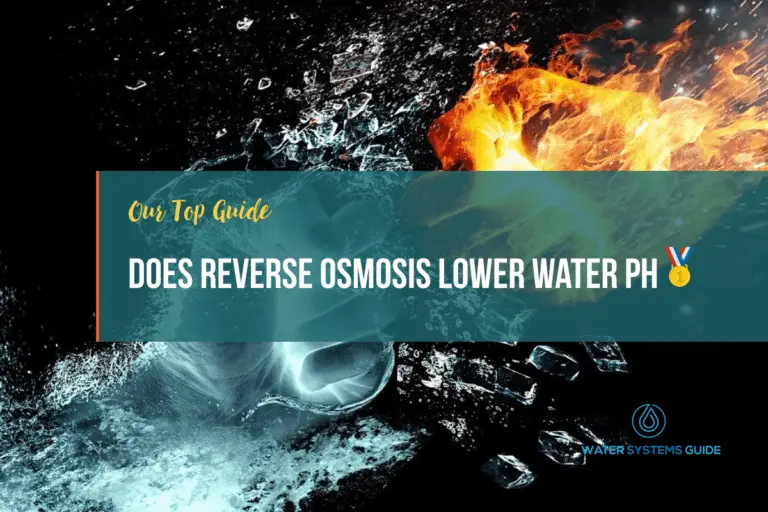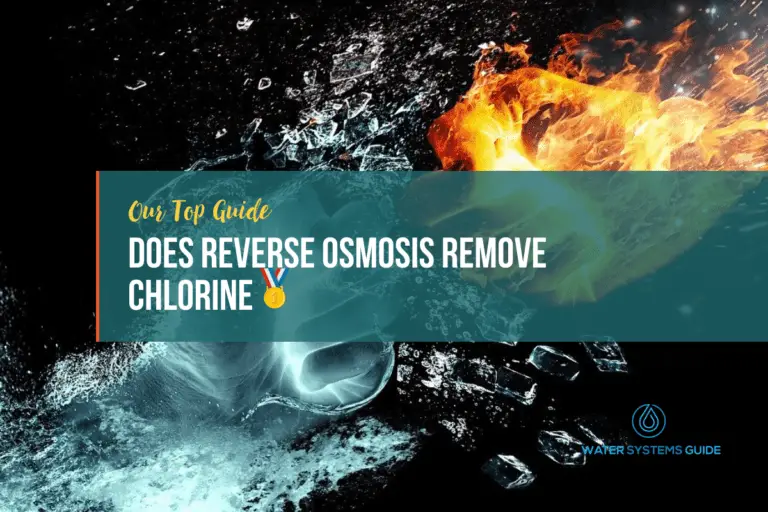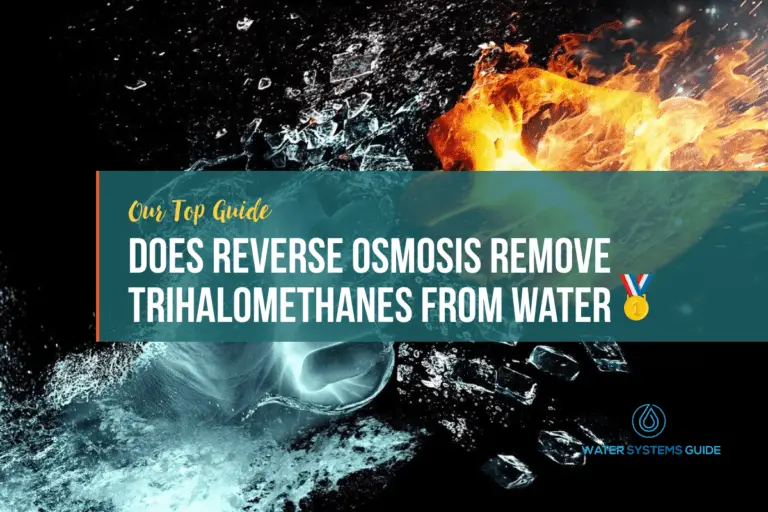Does Reverse Osmosis Remove Nitrates
What Exactly Are Nitrates?
Nitrates are a group of compounds that contain the element nitrogen in the form of a nitrate group (NO3-). They are found naturally in the environment, but can also be created by human activity. Nitrates are commonly used as fertilizers, but can also be used as explosives or food preservatives. High levels of nitrates in drinking water can be harmful to human health.
Why Remove Nitrates from Drinking Water?
Nitrates are potential health hazards in drinking water. They can cause methemoglobinemia, or “blue baby syndrome,” which reduces oxygen in the blood and can be fatal. Excessive nitrate levels have also been linked to cancer, so it’s important to reduce nitrates to safe levels.
Where Do Nitrates Originate From?
Nitrates are found in many different places, but they originate from the nitrogen in the air. Nitrogen is a gas that makes up 78 percent of the Earth’s atmosphere. It is also found in soil, water, and even in some plants and animals. When nitrogen combines with other elements, it forms nitrates.
What’s the Risk of Nitrates to human health?
Nitrates are found in many foods, especially processed meats. They are also used as a preservative in some foods. When nitrates come into contact with the body, they can be converted into nitrites.
However, what are the health effects of nitrates? Well, according to studies, nitrites can then react with certain chemicals in the body to form cancer-causing compounds. Exposure to high levels of nitrates has been linked to an increased risk of stomach and colorectal cancer.
This is another reason why water treatment is incredibly important, specifically from your tap water supply, which is the water for drinking and cooking.
How Do I Know If My Water Is Contaminated with Nitrates?
There are several ways to test for nitrates in water, whether that’s tap water or well water.
The most common way is to get your water tested using a nitrate test kit, which can be purchased at most hardware or home improvement stores. These kits typically use a chemical reaction to change the color of the water, and the intensity of the color change indicates the level of nitrates present.
Another way to test for nitrates is to send a sample of your water to a certified lab for analysis.
Does Reverse Osmosis Remove Nitrates?
Reverse osmosis is a process that is used to extract contaminants from water. The process works by using pressure to force water molecules through a semi-permeable membrane. The membrane only allows the water molecules to pass through and traps the contaminants on the other side.
Reverse osmosis can remove a variety of contaminants from water, including nitrates. Nitrates are compounds that can be found in fertilizers and sewage. High levels of nitrates in water can be harmful to humans and animals. Reverse osmosis can remove up to 99% of nitrates from water, improving water quality and making it safe to drink.
